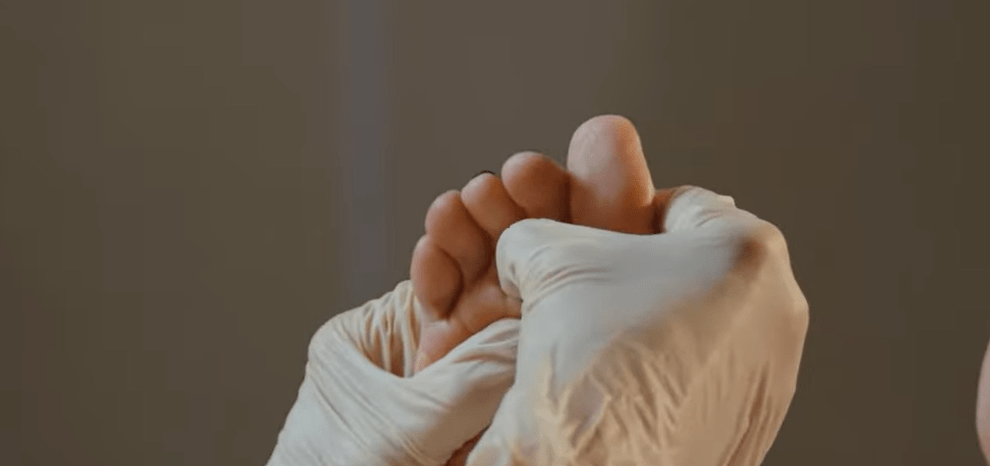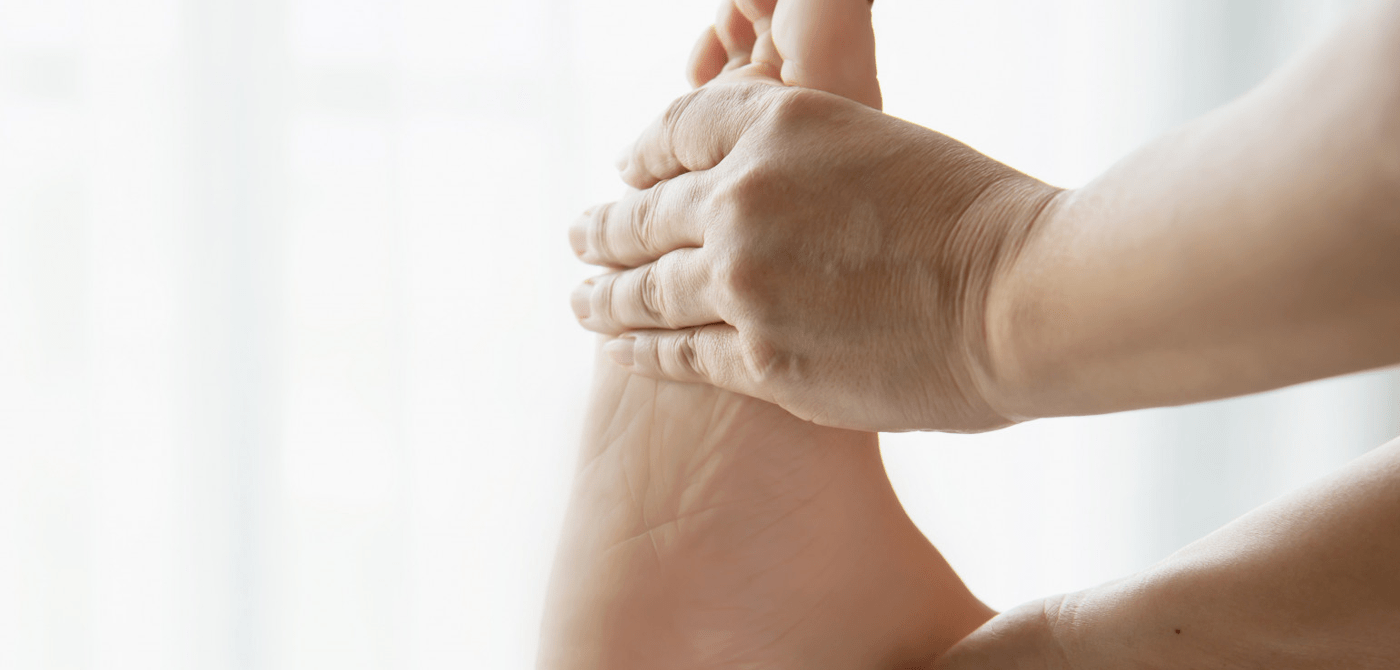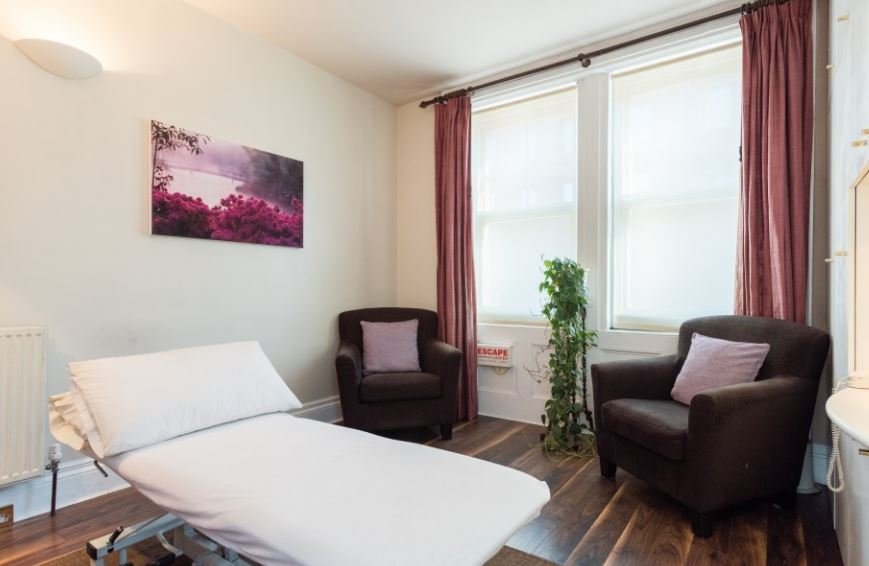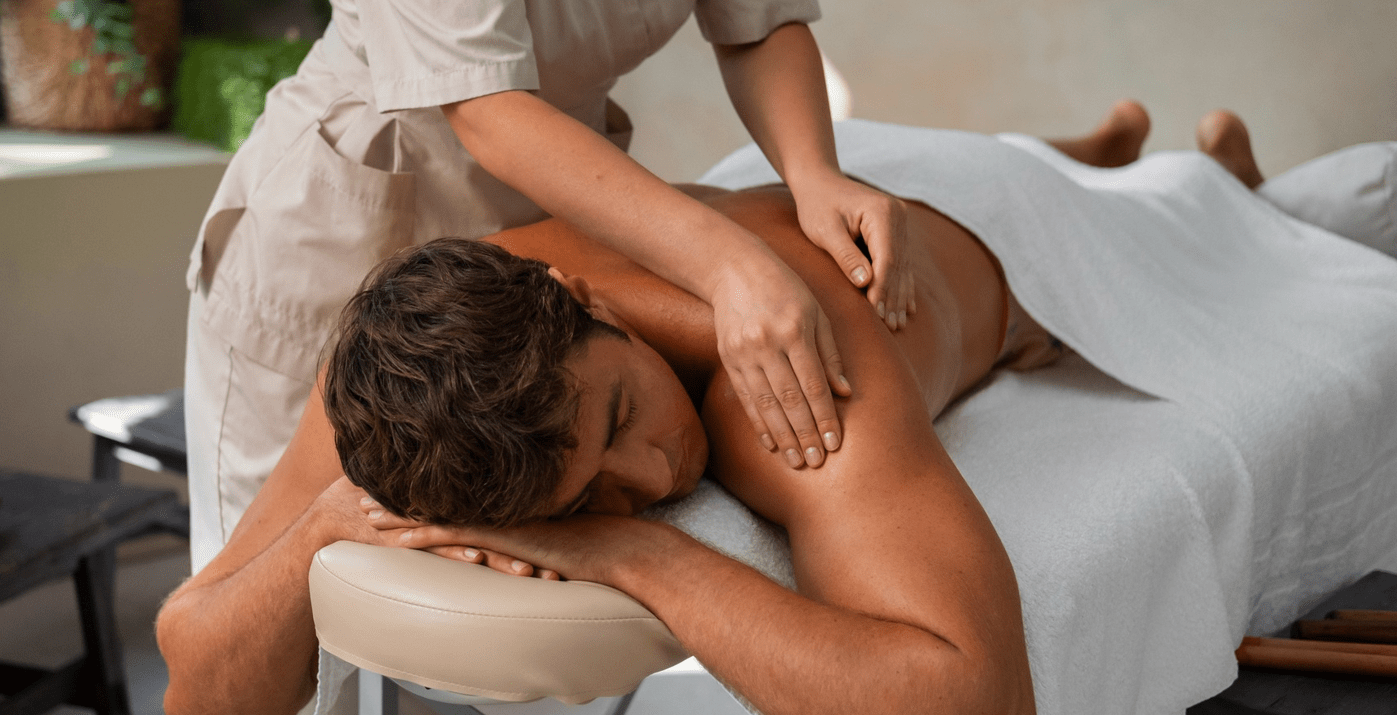In Exeter, reflexology is subtly changing the way that people think about using touch to take care of their bodies. This is a highly intuitive therapy that is becoming well-known for its holistic effects; it is not a fad based on wellness jargon. The best reflexologists in the region apply precise, targeted pressure to zones mapped on the feet, hands, and face in order to restore equilibrium across body systems—nervous, circulatory, and hormonal—instead of treating superficial symptoms. The outcomes are incredibly effective in addition to being soothing.
One person who is changing Exeter’s perception of reflexology is Amanda Mountford. Amanda became enthralled with the therapeutic potential of reflex touch after working in dentistry for more than ten years, where she frequently assisted nervous patients. Her decision to pursue this career path was motivated rather than premeditated. What began as a private experience quickly developed into a comprehensive clinical service. Reflexology by Amanda, her practice, now attracts a devoted and expanding clientele seeking long-term renewal rather than just short-term relief.
| Practitioner | Amanda Mountford |
|---|---|
| Business Name | Reflexology by Amanda |
| Location | Private practice near Exeter Central Station |
| Phone Number | +44 7727 019352 |
| Website | reflexologybyamanda.com |
| Specialties | Foot Reflexology, Hand Reflexology, Facial Reflexology |
| Qualifications | Diploma in Reflexology (Distinction), Facial Reflexology (Berman Method) |
| Memberships | Association of Reflexologists (AoR) |
| Treatment Fees | £40 per session (all types), weekend availability |
| Client Praise | “Amanda’s intuitive touch brought peace during my most anxious times.” |
Amanda possesses a unique emotional intelligence that elevates her reflexology, which is grounded in anatomical knowledge. She combines intuition and science in a particularly creative way. Her therapies are very effective; they frequently eliminate recurring patterns of tension in a few sessions. She makes sure that each client feels empowered and supported during their healing process by utilizing cruelty-free and vegan products and fostering a loving, judgment-free atmosphere.
Some of the most renowned reflexologists in the area can be found at the Estuary Clinic, a collaborative health center in Topsham, which is close to Amanda’s practice. The foundation of their reflexology model is accuracy. In order to reset the internal rhythm, practitioners are trained to identify congestion in particular foot reflexes, which are tiny neurological mirrors of body organs, and to react with calibrated pressure. Within weeks, patients usually report notable improvements in immune function, emotional stability, and sleep quality.
With several clinics in the Exeter, Topsham, and Cullompton areas, Sarah Hewlett contributes her own breadth of knowledge to the field. Her work is described by clients as emotionally and energetically attuned, with a grounded presence that makes sessions feel very intimate. Hormonal imbalances, autoimmune diseases, and people going through significant life transitions like pregnancy or menopause benefit most from Sarah’s treatments. Her all-encompassing method, which combines intuitive touch, foot mapping, and acupressure, paves the way for the body to heal itself.
Despite having roots that date back more than 5,000 years, reflexology is becoming more and more relevant in the modern era. Recent research employing functional MRI has demonstrated that activating particular reflex zones triggers corresponding brain regions, providing a neurological explanation for the findings. Public perception is changing as a result of this clinical validation; reflexology is now viewed as an incredibly accurate healing technique rather than just a way to relax.
Jane van Spyk integrates zero balancing and kinesiology into her reflexology sessions at Holistic Therapy Exeter. The combination of these fields results in a very novel, individualized, responsive, and remarkably successful treatment approach for chronic stress, exhaustion, and trauma-related symptoms. Jane’s practice is a prime example of how reflexology can be used for energetic rehabilitation as well as pampering, gently recalibrating clients whose systems have been overburdened by contemporary demands.
Another notable practitioner is Clare Viner. Her work focuses on mental health, and she helps clients who are experiencing high levels of anxiety, burnout, and sleep disturbances by using facial reflexology. The face provides neurological re-patterning through gentle touch because it has direct access to cranial nerves. Clare’s techniques are particularly helpful for clients who are sensitive to touch-based therapies or traditional bodywork; her sessions are notably calming, intuitively guided, and purposefully paced.
Over the past ten years, there has been a significant change in the public’s perception of reflexology. Previously linked to upscale spas, it is now deeply ingrained in practical wellness practices. More customers are scheduling appointments to recalibrate as well as relax, particularly men and younger professionals. Similar to going to the gym or consulting a nutritionist, reflexology is increasingly acknowledged as a self-maintenance practice. In today’s stress-filled society, the capacity to raise vagal tone and restore nervous system balance is proving especially advantageous.
The effects are social as well as personal. Exeter’s clinics are collaborating with NHS referrals, providing community discounts, and even collaborating with nearby companies to offer staff wellness treatments on-site. Reflexology is now viewed as a proactive strategy for maintaining health rather than as a luxury. By combining traditional knowledge with modern care techniques, practitioners like Amanda and Sarah are spearheading this movement.
Naturally, demand for touch-based therapies declined during the pandemic, but it is now purposefully increasing. After years of disconnection, clients are giving more and more importance to therapies that help them reestablish a connection with their bodies. Because of its gentle rhythm and non-invasive nature, reflexology has become a popular modality again. It is remarkably relevant because it can soothe the nervous system while correcting functional imbalances.
